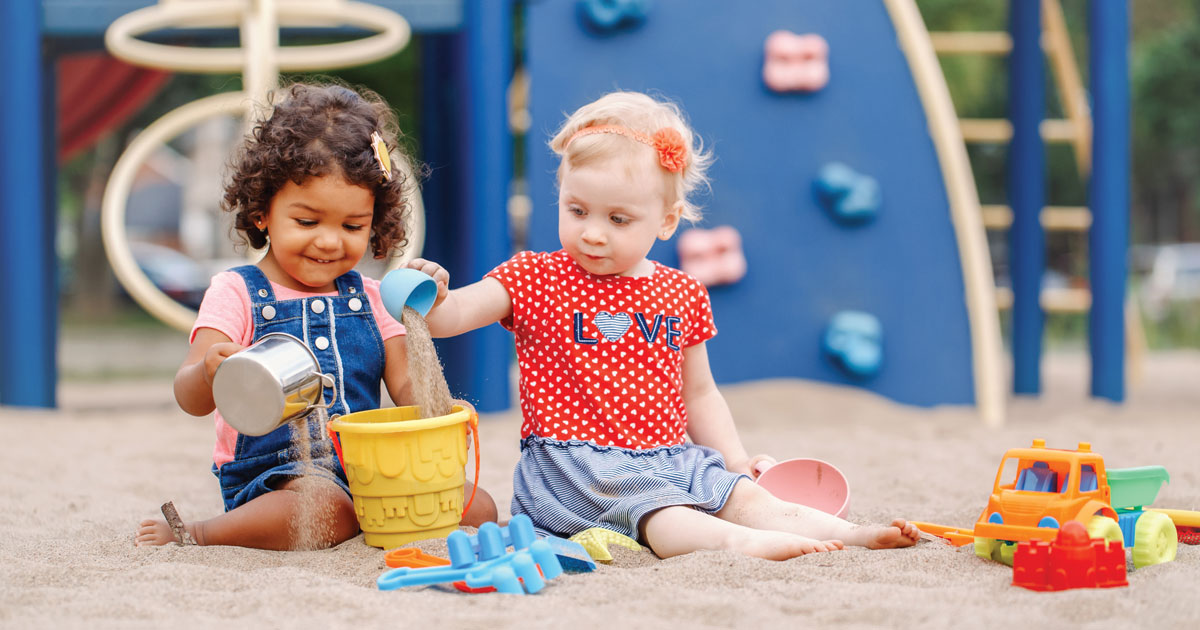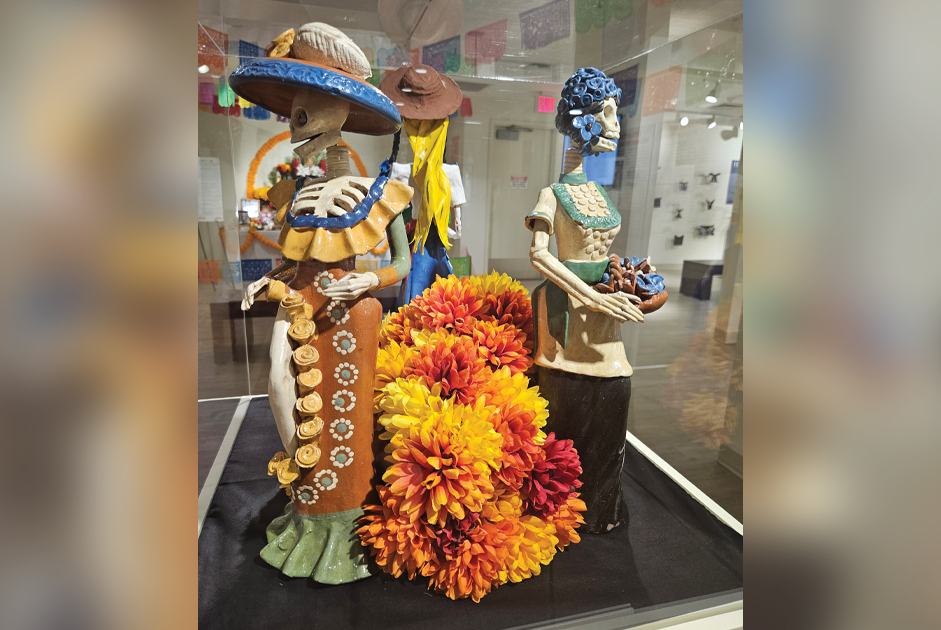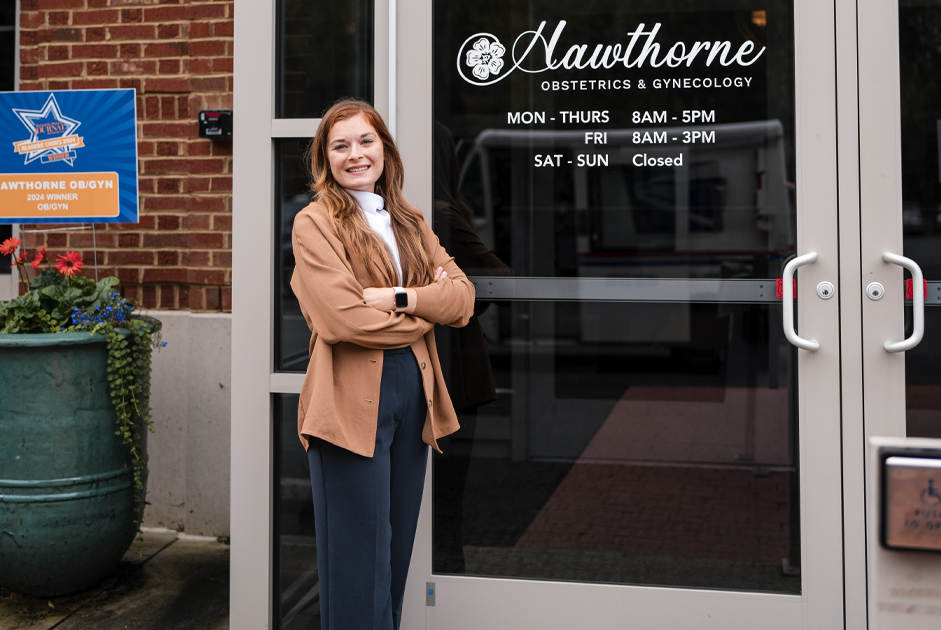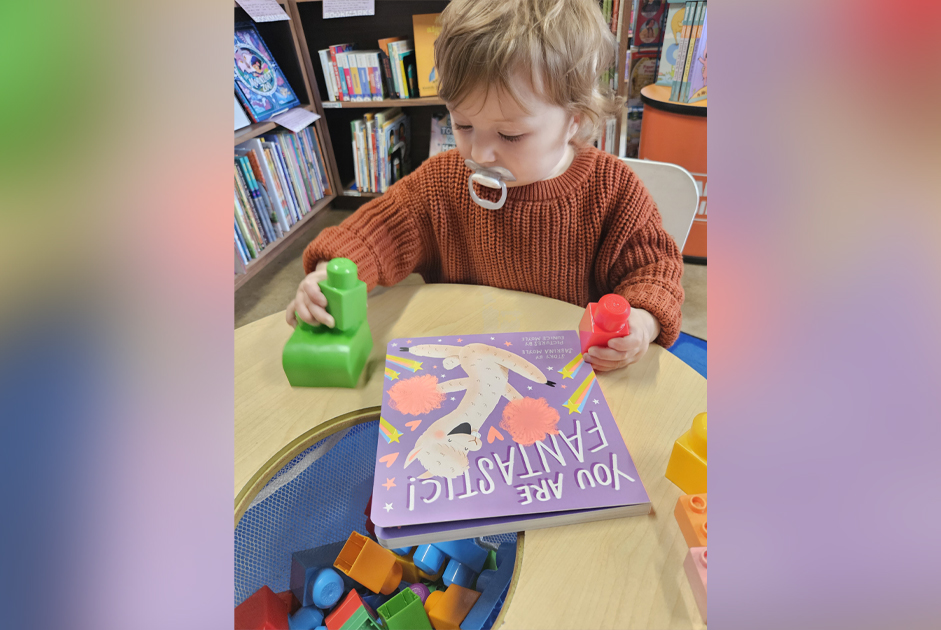BY JAMIE LOBER
The Women and Children’s Health Network has defined social skills as, “Ways in which we interact with others that can help us become confident, happy people who are easy to get along with.” Being a friend, learning to share and helping others are a few simple, lifelong skills you can instill in your child.
First, find out what is reasonable to expect. Every age is associated with certain developmental milestones. Some highlights from birth through 7-years-old include:
- Smiling and laughing in response to play;
- Imitating adults’ actions;
- Saying “Hi” and “Bye”;
- Verbalizing wants;
- Taking turns with other kids;
- Playing in a group;
- Playing games with basic rules.
Find teachable moments and take advantage. Some prime examples are:
- Making eye contact when interacting with your child;
- Using greetings to acknowledge others;
- Turn-taking and sharing ideas;
- Not interrupting and being a good listener;
- Using words of courtesy;
- Praising;
- Apologizing when you make a mistake;
- Taking a deep breath and counting to 10 before reacting to a situation;
- Pursuing your child’s interests.
Do not underestimate the power of playing with your child. The American Academy of Pediatrics emphasized the importance of play as it relates to building social bonds. Research has showed that play can improve kids’ ability to get along with others, regulate emotions and manage stress. Some ideas from the American Academy of Pediatrics include:
- Birth-6 months: reciprocating smiles, imitating baby’s coos and sounds, showing interesting colorful objects;
- 7-12 months: putting toys within reach of the baby, using a mirror, playing peek-a-boo;
- 1-3 years-old: enriching creativity with simple, inexpensive toys like blocks, containers and wooden spoons, supervising play dates, playing make-believe, reading and singing songs;
- 4-6 years-old: singing and dancing, playing house, helping with chores, scheduling playdates.
Preparing for play dates by structuring them can help make things go smoother. You can talk to your child about how to be a good host and make his or her friend feel comfortable. You may want to pick out some favorite games in advance or plan an arts and crafts project that the friend can take home. Some tips for entertaining include:
- Painting or drawing a picture;
- Doing puzzles or origami;
- Singing songs;
- Watching a movie;
- Going to a park or playground;
- Baking or making a treat to enjoy.
Do not forget to praise the kids for sharing, listening, taking turns and using words of courtesy. You will surely have a guest who wants to return.
All children develop at their own pace. Some kids will naturally be social butterflies, while others are content observing from the sidelines. While there is a range of “normal,” there are some red flags, such as:
- Not making eye contact with others;
- Preferring to be alone;
- Not having friends;
- Avoiding physical contact;
- Being a poor listener or interrupting;
- Being frustrated or angry when he or she does not get his or her way.
If you notice any of these in your child, it is a good idea to talk to the pediatrician or school counselor. Keep in mind that some learning disabilities and attention deficit disorders may present as what seem like social challenges. These issues can lead to low self-esteem, which makes it important to be attentive and seek treatment early. The benefits of developing good social skills go beyond the obvious ones of being an effective communicator and having a close group of friends. Social skills and appropriately regulating emotions can correlate with academic achievement. By making an effort to help your child handle stress and manage his or her feelings, you are actually making it easier for them to listen, learn and focus in school. Talking to other parents can be a wonderful resource, as you can share your experiences, and may even discover more strategies or a friend for yourself.





















